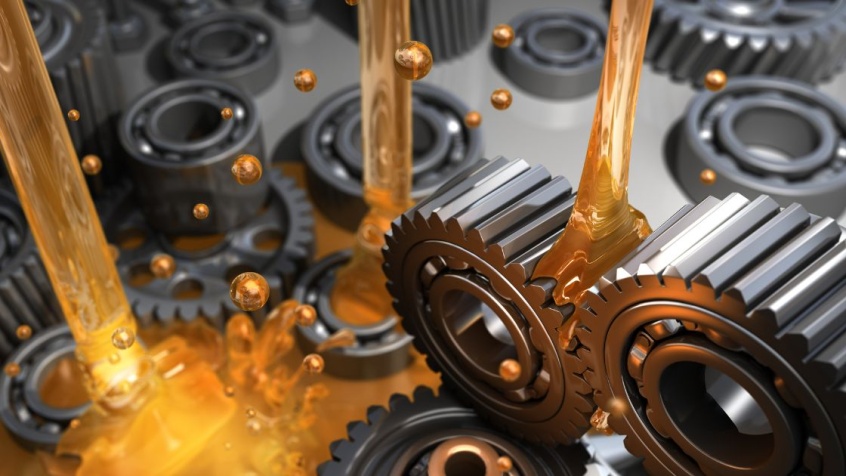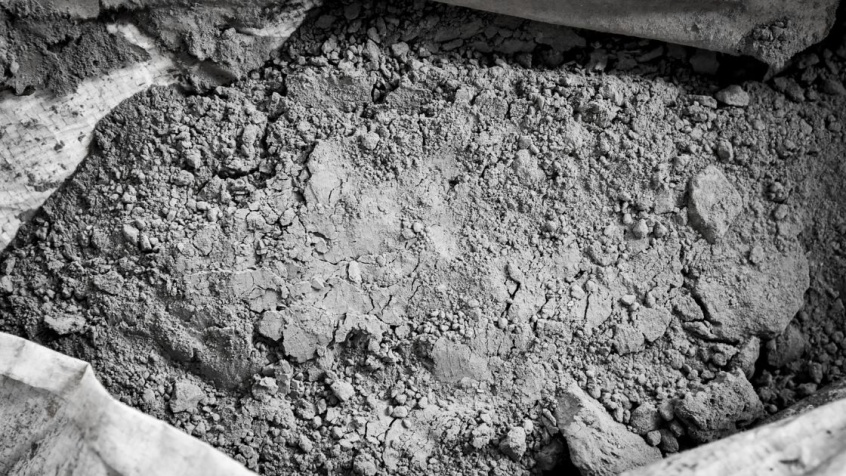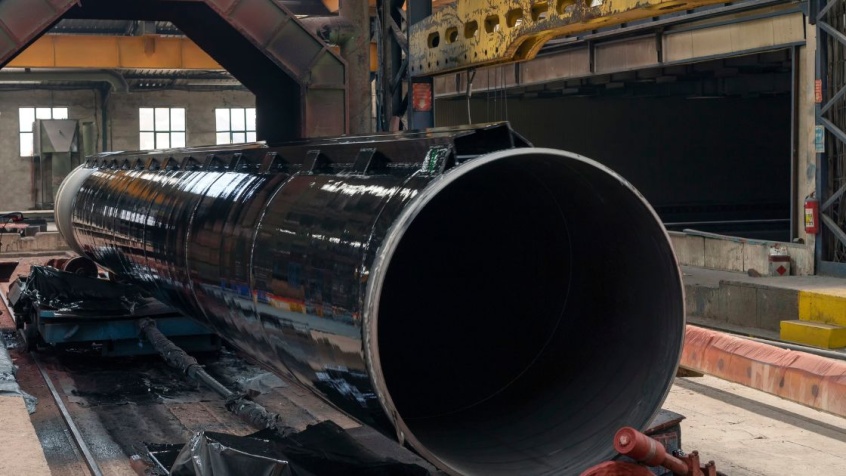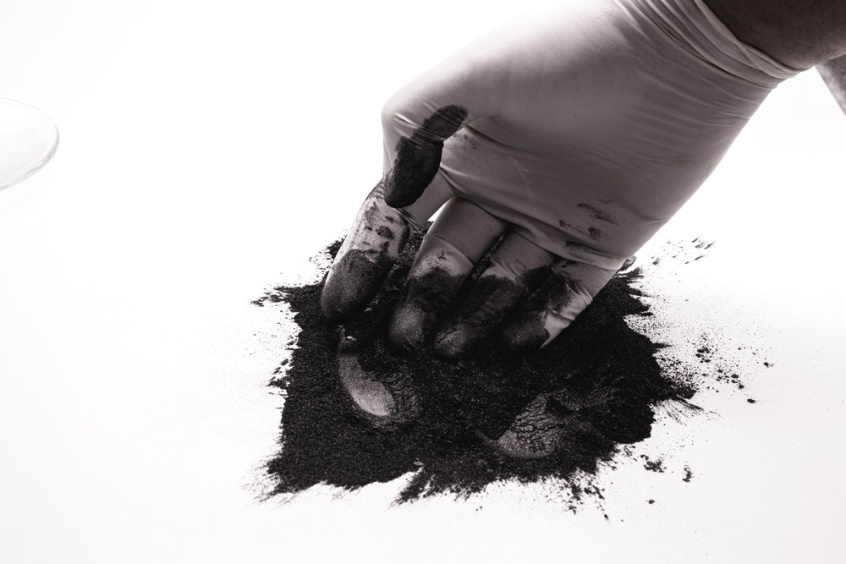Lithium hydroxide can exist in hydrated or anhydrous forms. It is strongly alkaline with chemical properties that resemble those of the Group 2 hydroxides. LiOH is highly soluble in water, creating a strongly alkaline solution. It’s also a highly reactive compound that can interact with various substances. Lithium hydroxide can form lithium carbonate when reacted with carbon dioxide. This compound … Read More
TIPA vs DEIPA
TIPA (Triisopropanolamine) and DEIPA (Diethanolisopropanolamine) are both effective cement grinding aids that can improve the performance and efficiency of the cement grinding process. If you’re working on a construction project and unsure of the best choice, read on to learn how each of these compounds works. TIPA (Triisopropanolamine) Vs. DEIPA (Diethanolisopropanolamine) As Cement Grinding Aids Understanding TIPA (Triisopropanolamine) TIPA is … Read More
Specialty Uses of Epoxy
Epoxy is a thermosetting polymer obtained by mixing two components, a resin, and a hardener. These components undergo a chemical reaction, resulting in a rigid and strong material that can be used for various specialty applications. Epoxy is a versatile material with desirable properties that make it valuable for many uses. It is known for its excellent adhesion, high strength, … Read More
How Does Epoxy Resin Work
Epoxy resin has emerged as a versatile and reliable option for countless applications in the world of adhesives and coatings. However, many wonder what makes this material so effective and unique. If you’re curious about the science behind epoxy resin and how it works, you’re in the right place. In this blog post, we’ll delve into the chemistry of epoxy … Read More
What Types of Epoxy Resins Are There
Are you looking to explore epoxy resins and wondering which type suits your project? You’ve come to the right place. With a wide variety of resins available, each with unique properties and applications, it’s easy to feel overwhelmed. In this post, we’ll break down the different types of epoxy resins, their properties, and what makes each stand out. Whether you’re … Read More
How Is Calcium Stearate Used In PVC
Calcium stearate is a chemical compound consisting of calcium salt and stearic acid. This white, silky powder is obtained from the reaction of stearic acid with calcium hydroxide or calcium oxide. Calcium stearate is commonly used as a lubricant, release agent, and stabilizer in various formulation processes, including the paint and plastics industries. This compound offers many desirable properties, such … Read More
How is Polyurethane Used in Construction
Polyurethane, a versatile and resilient material, has become indispensable in the construction industry. Polyurethane is essential in improving modern buildings’ efficiency, durability, and sustainability, from providing insulation to sealing gaps and enhancing structural integrity. In this blog post, we’ll explore the various ways polyurethane is utilized in construction and examine the benefits it brings to the table. Polyurethane Applications in … Read More
Is Moly Grease Compatible With Lithium Grease
When it comes to maintaining machinery and equipment, choosing the right grease can make all the difference in performance and longevity. One question that often arises is whether moly grease and lithium grease are compatible. In this blog post, we’ll dive into the world of greases, explore the key differences between moly and lithium-based products, and provide information on whether … Read More
What Are Other Uses For Lithium
Lithium hydroxide is an alkali metal hydroxide commonly used in a variety of industrial applications. It is an inorganic compound that exists in a hydrated and anhydrous form, both of which are white, crystalline solids soluble in water. One of the primary uses of lithium is in rechargeable lithium-ion batteries, often used in electronic devices such as electric vehicles, smartphones, … Read More
What is the Difference Between DBM and CCM
DBM and CCM are acronyms for Dead Burned Magnesia and Calcined Caustic Magnesia. They are both types of magnesia but differ in their production and resulting properties. They are also used in different contexts. What is Dead Burned Magnesia (DBM)? Dead Burned Magnesia is a high-temperature processed type of magnesium carbonate. To obtain DBM, magnesite ore is heated at extremely … Read More























